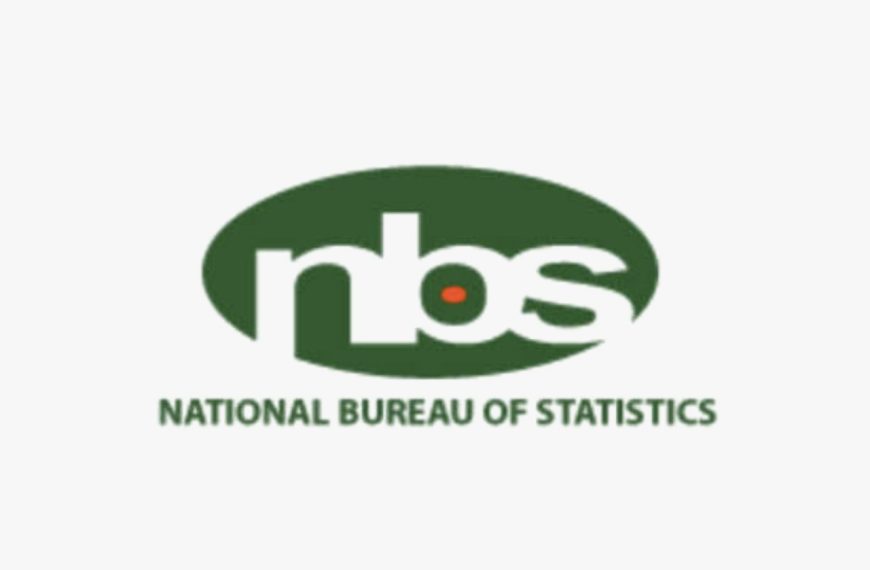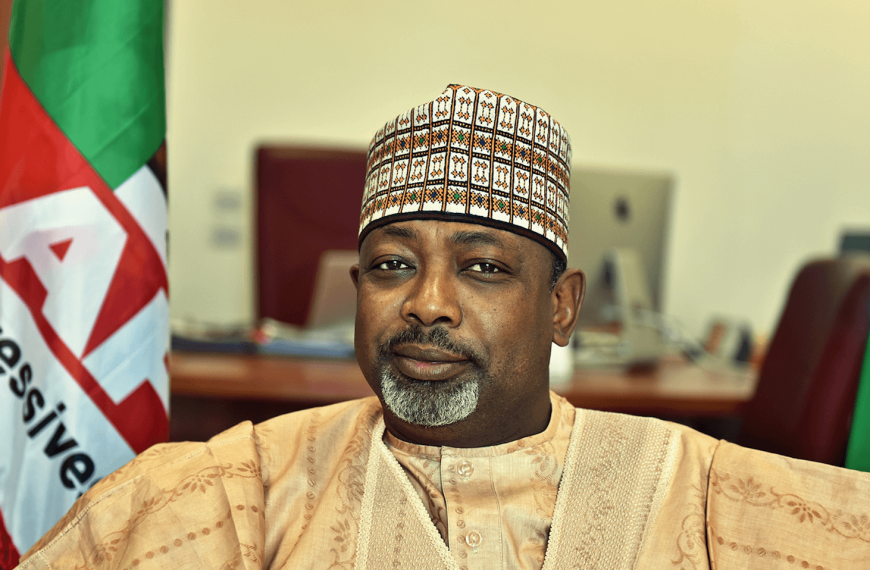No fewer than 4.3 million Nigerians have received direct cash transfers from the Federal Government, Minister of Finance and Coordinating Minister of the Economy, Mr Wale Edun, said yesterday.
He said one million citizens were reached in the last few weeks, while the target is to transfer cash to one million vulnerable Nigerians each month.
The minister spoke on a business programme of a national television during which he outlined the Federal Government’s comprehensive plan to address the current economic challenges.
He said the government was expanding its cash transfer programme to support the poorest and most vulnerable.
The programme, he said, had reached 4.3 million people, with plans to increase this number rapidly.“Right now, it’s about 4.3 million. But the last million was in the last few weeks. And when I say we’re ramping at a rate of 1 million per month, that is an ongoing process,” Edun said.
He projected that the programme could potentially scale to assist a million people per week or every two weeks, depending on technological capabilities.Of great importance to the government, Edun said, is the welfare of the people, particularly the vulnerable.One of the key areas of focus is ensuring food availability and affordability.
Edun said: “There is a concerted effort to ensure that we have homegrown food available.“In the short term, there is, apart from what is being distributed from reserves, a window that has been opened for importation because the commitment of Mr. President is to drive down those prices now and make food available now.”
He emphasised that this measure will not undermine local farmers, as importation will only be permitted after exhausting local supplies.“One of the conditions for this importation will be that everything available locally in the markets or with the millers and so forth has been taken up.
We will have auditors that will check that,” he said.Edun noted that these interventions aim to reduce inflation, stabilise the exchange rate, and lower interest rates, thereby creating a conducive environment for investment and job creation.“With the kind of food production programme we have, inflation will come down as prices come down.
When inflation comes down, exchange rate will stabilize.“Interest rates will come down and the economy will have a chance.“People will have a chance at reasonable rates to invest in various sectors of the economy, increase productivity, grow the economy and create jobs which is the key to reducing poverty,” he elaborated.












